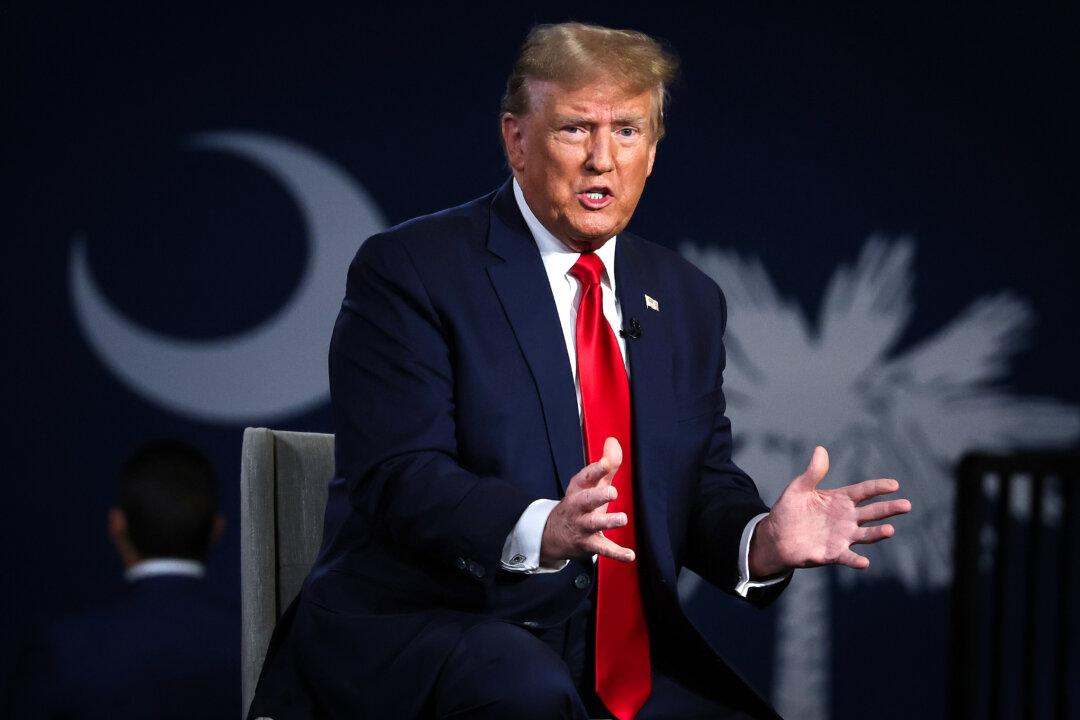Attorneys for former President Donald Trump filed on March 4 a response opposing Manhattan District Attorney Alvin Bragg’s proposed gag order ahead of trial this month.
The court has already declined to issue a gag order in this case once, and the trial will be highly publicized as the first-ever criminal prosecution of any American president—sitting or former.





